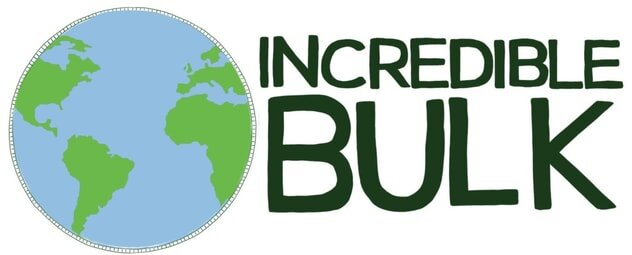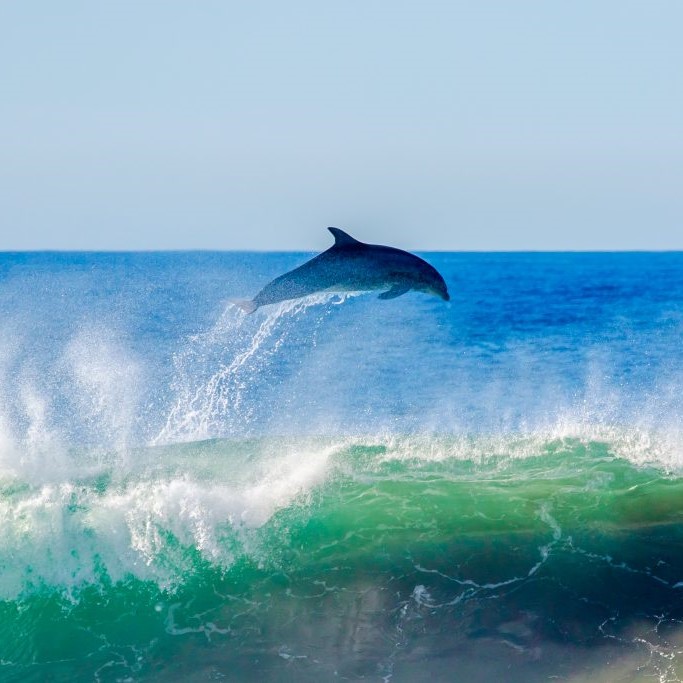World Wildlife Day : Life Below Water
/Today marks World Wildlife Day, a day to celebrate and raise awareness of the world’s wild animals and plants. This years focus is on life below water, where there are nearly 200,000 identified species living in our oceans.
Over three billion people depend on marine and coastal biodiversity for their livelihoods. Marine wildlife has sustained human civilisation and development for millennia, from providing food and nourishment, to material for handicraft and construction. It has also enriched our lives culturally, spiritually, and recreationally in different ways. However, the capacity of life below water to provide these services has been severely impacted, as our planet’s oceans and the species that live within it are under assault from an onslaught of threats. As much as 40% of the ocean is now heavily affected by the most significant and direct threat of over exploitation of marine species as well as other threats such as pollution, loss of coastal habitats and climate change.
Despite this day being about a celebration of the ocean we also need to be aware of these many threats, of which plastic is a major one, here are some scary plastic facts involving the ocean from The Marine Conservation Society:
It’s estimated that one rubbish truck load of plastic litter enters the ocean every minute
Globally, plastic litter has reached every part of the world’s oceans
Plastic has been found in the stomachs of almost all marine species, including fish, birds, whales, dolphins, seals and turtles
The Great Pacific Garbage Patch is thought to be 6 times the size of the UK
Litter has increased by 135% since 1994, with plastics increasing by a staggering 180%
Around 30% of UK beach litter can be directly sourced to the public
On World Wildlife Day we’re asked to do one thing to help reduce the threat to marine species and we think avoiding plastic is a huge step in the right direction. By shopping at refill / zero waste shops you get to avoid a huge amount of unnecessary plastic packaging that may end up in the natural environment causing an ongoing threat to our beautiful oceans.
As well as avoiding plastic you can join the new #generationsea campaign by Surfers Against Sewage. For 2019 they are looking to build a new movement to save our oceans and beaches and want to push for a bold new Environment Bill that will protect our seas. They currently have 3790 signatures and are looking to get to 5000, to sign up click here.
Everyday wildlife protection doesn’t have to be hard. Wildlife conservation is an issue that needs attention every day and although the challenges that our natural environment is facing are complex and can seem huge, every persons small actions add up to a much larger solution.
Info from Wildlife Day, MCS and SAS
Images below from Francesca Williams and SAS


